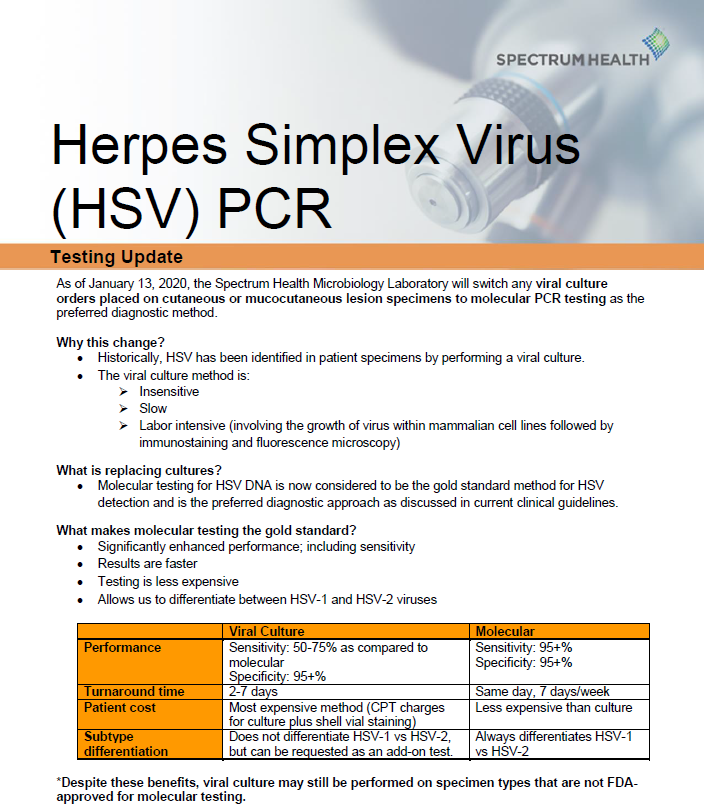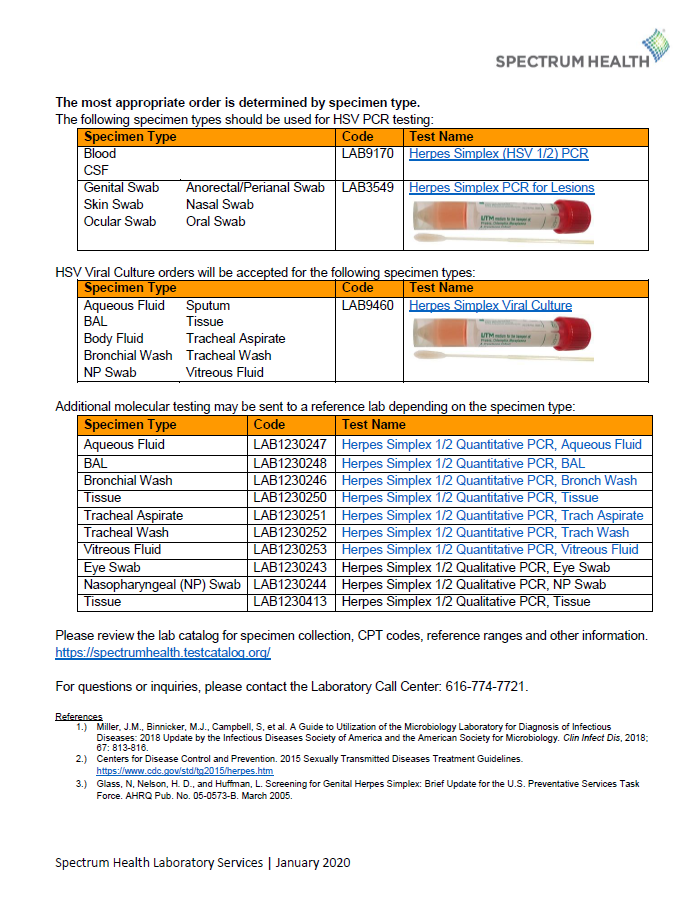Leaky specimen containers may cause compromised test results and it is also a hazard to lab couriers and registration personnel. Leaky specimen containers are not acceptable and may be rejected.
In order to prevent leaky containers, please be sure to:
-
Pay close attention to the lid, making sure the screw-cap lids are fastened evenly and securely, with the threads aligned. If a patient has challenges with tightening the lid, please have them notify lab staff when they return to drop off their container.
-
Containers should be upright at all times, with lid on the top during transport. If container is placed in a biohazard bag, please maintain in the upright position by gripping the cup or the handle and not by the top of the bag.
The Laboratory provides a brochure “Laboratory Specimen Home Collection” for patient collection instructions. Internal offices (i.e. SHMG) may order these from Document Services using the order number X17776 (X19611 for the Spanish version). External offices may order these from Laboratory Courier Services using the Supply Order Form.



 Spectrum Health Regional Laboratory supplies purple priority bags for specimens that must be handled and processed immediately upon receipt in the laboratory. The purple color priority transport bag will be a visual cue to the receiving laboratory that the specimens inside the bag need to be handled or processed immediately at the time of arrival in the laboratory or the integrity of the specimen will be compromised.
Spectrum Health Regional Laboratory supplies purple priority bags for specimens that must be handled and processed immediately upon receipt in the laboratory. The purple color priority transport bag will be a visual cue to the receiving laboratory that the specimens inside the bag need to be handled or processed immediately at the time of arrival in the laboratory or the integrity of the specimen will be compromised.